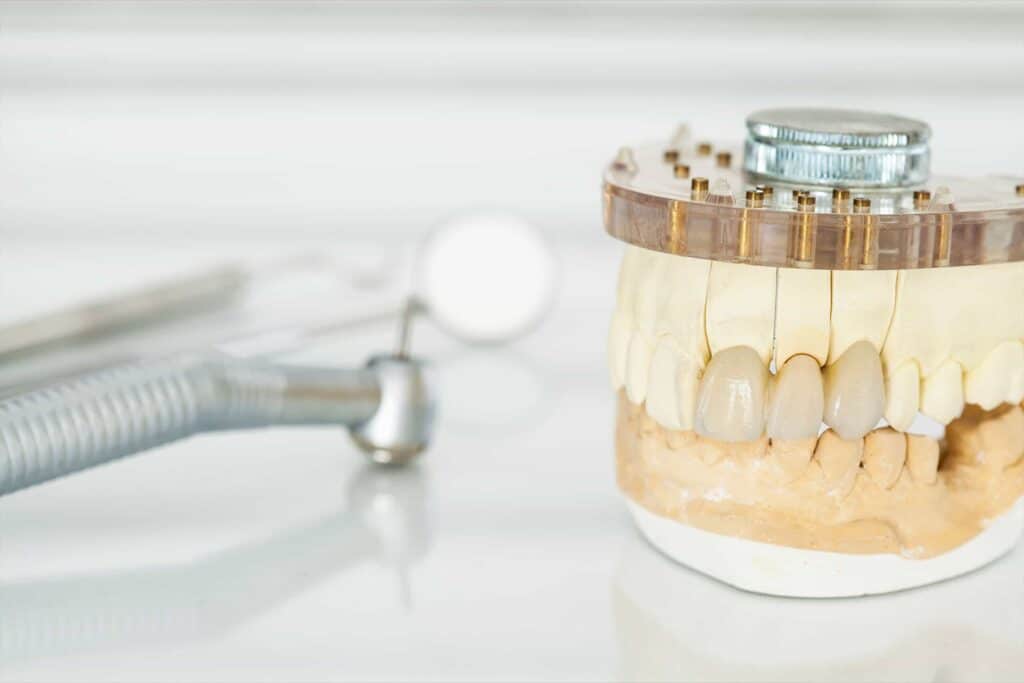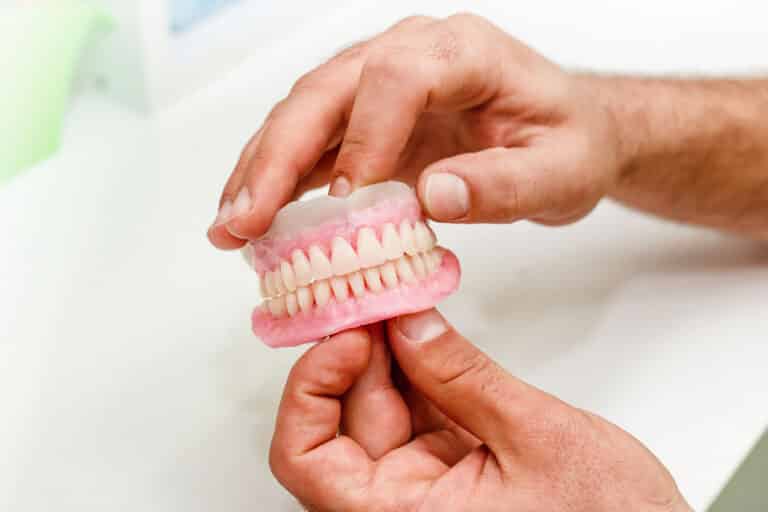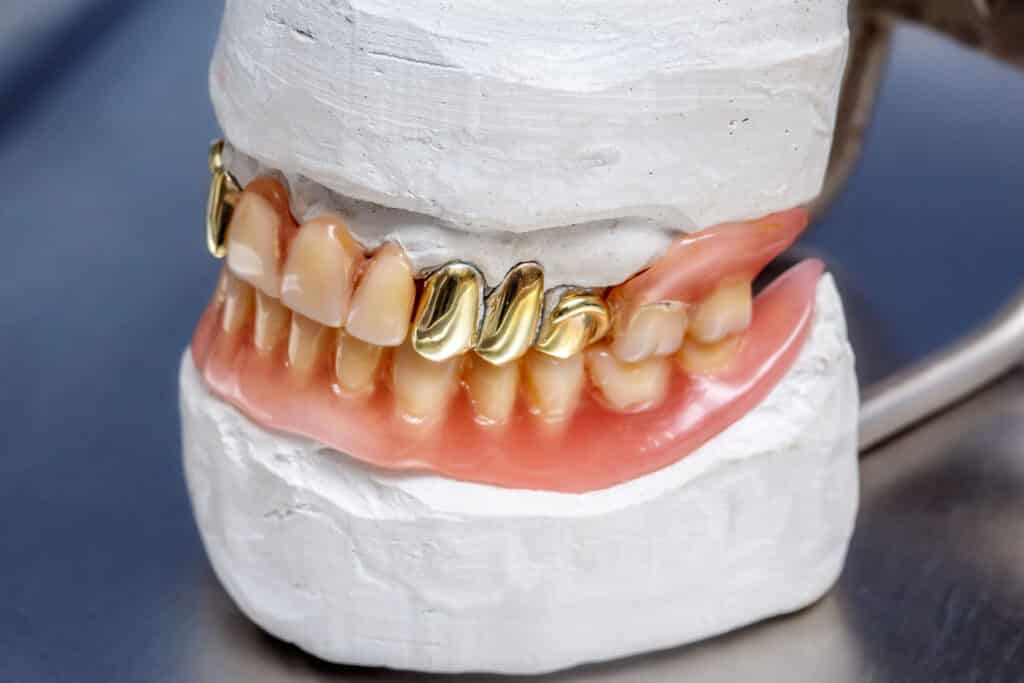How Often Should I Brush And Floss My Teeth?
The minimum times you should brush, and floss is by brushing twice daily and flossing once daily. However, some people may need to brush or floss after every meal. I would suggest asking your dentist, who can best identify what you should be doing personally. Use a soft toothbrush, ideally electric, and use the modified bass technique. The modified bass technique is to brush at a 45-degree angle in small, circular motions. Always brush for at least two minutes, and floss as well. Ensure that the floss wraps around the tooth to adequately clean between your teeth where a toothbrush can’t reach. I recommend flossing before brushing, as you want to dislodge as much stuck food in your teeth as possible before brushing.
How Do I Know If I Need A Root Canal?
Most often, you won’t know until you’ve had an x-ray. The most common symptoms of a root canal are extreme sensitivity to cold that lingers, discoloration of a single tooth, or a “pimple” on the gums by the tooth. These are signs that the nerve is either dead or dying and should be removed. However, proper diagnosis will need to be done with an x-ray by a dentist.
What Should I Do To Take Care Of My Teeth During Pregnancy?
You should continue your established routine of brushing and flossing. Also, you should visit your dentist for checkups and inform them of your pregnancy. Ideally, you would have x-rays done before becoming pregnant, so if you’re trying to get pregnant, keep this in mind! Many dentists only treat dental emergencies during pregnancy, such as dental infections or large cavities that may jeopardize the baby or mother. Dental treatment is considered safe during some parts of the pregnancy, and most dentists will work with your obstetrician to confirm treatment plans during your pregnancy.
Are Electric Toothbrushes Better Than Manual?
Studies have shown that electric toothbrushes are more efficient than manual toothbrushes at removing plaque. They are better for the vast majority of people, although some people can have the same efficacy with a manual toothbrush. At the end of the day, plaque must be removed regardless of what tool is used. Electric toothbrushes require less manual dexterity and can easily clean hard-to-reach areas. Just like a drill is more efficient than a manual screwdriver, an electric toothbrush will typically perform the task more efficiently than a manual one.





